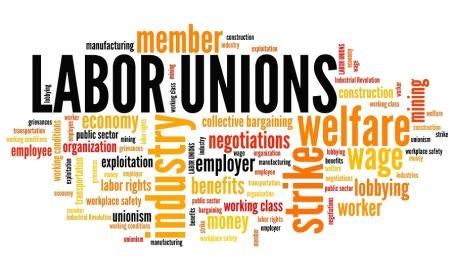Employers subject to collective bargaining relationships often complain about the time they spend responding to objectively meritless grievances. From showing, for example, that it had just cause to terminate an intoxicated employee or justifying why it did not assign overtime to an employee who consistently refuses to work more than 40 hours a week, Employers may be compelled to expend resources responding to grievances that are filed without an appropriate investigation.
One of the justifications proffered by Unions for filing and litigating such grievances is that they have a “duty of fair representation” under the National Labor Relations Act (the “Act”) to their members, violation of which could lead to an unfair labor practice charge (“ULP”). Although true, this “bar” has been set artificially low, and so long as Unions do not act arbitrarily, discriminatorily, or in bad faith when failing to process grievances, they will not run afoul of the Act. Longstanding National Labor Relations Board (“NLRB”) precedent has held that “mere negligence” when mishandling grievances is not a violation of the Act.
Recently, Peter Robb, the General Counsel of the NLRB, issued a Memorandum that imposes a higher standard on Unions regarding the handling of grievances. Doing away with the “mere negligence” standard, the General Counsel asked Regional Directors to more closely scrutinize decisions made by the Union not to pursue grievances on behalf of their members. Going forward, the NLRB will issue complaints against Unions that claim that they, for example, “lost track, misplaced, or otherwise forgotten about a grievance.” Likewise, where a Union fails to respond to a member’s request for a status of a grievance, the absence of a “reasonable excuse or meaningful explanation” will not pass muster.
Facially, General Counsel Robb’s Memorandum appears to be another favorable outcome for Employers under the NLRB’s new Republican controlled majority.
However, the increased scrutiny regarding the processing of grievances may actually increase the amount of grievances filed. Instead of vetting whether a grievance has merit prior to its filing, Unions simply may file the grievance to satisfy their heightened “duty of fair representation” obligations. Employers may also expect an increase in the number of information requests where Unions, as part of their grievance investigation, will ask for documents and other records earlier in the grievance process. Objectively meritless grievances may be pursued to arbitration, especially in the case of vocal and antagonistic Union members, as Unions may prefer to lose at arbitration than justify its reasons not to pursue arbitration before the NLRB.
Consequently, Employers are encouraged to maintain complete and accurate records of their employees’ work performances, since grievances regarding employee discipline likely will rise. Employers also should strictly enforce contractual time limitations throughout the grievance and arbitration process, since a Union’s failure to timely prosecute alleged violations of the collective bargaining agreement now may draw a ULP.



 i
i


